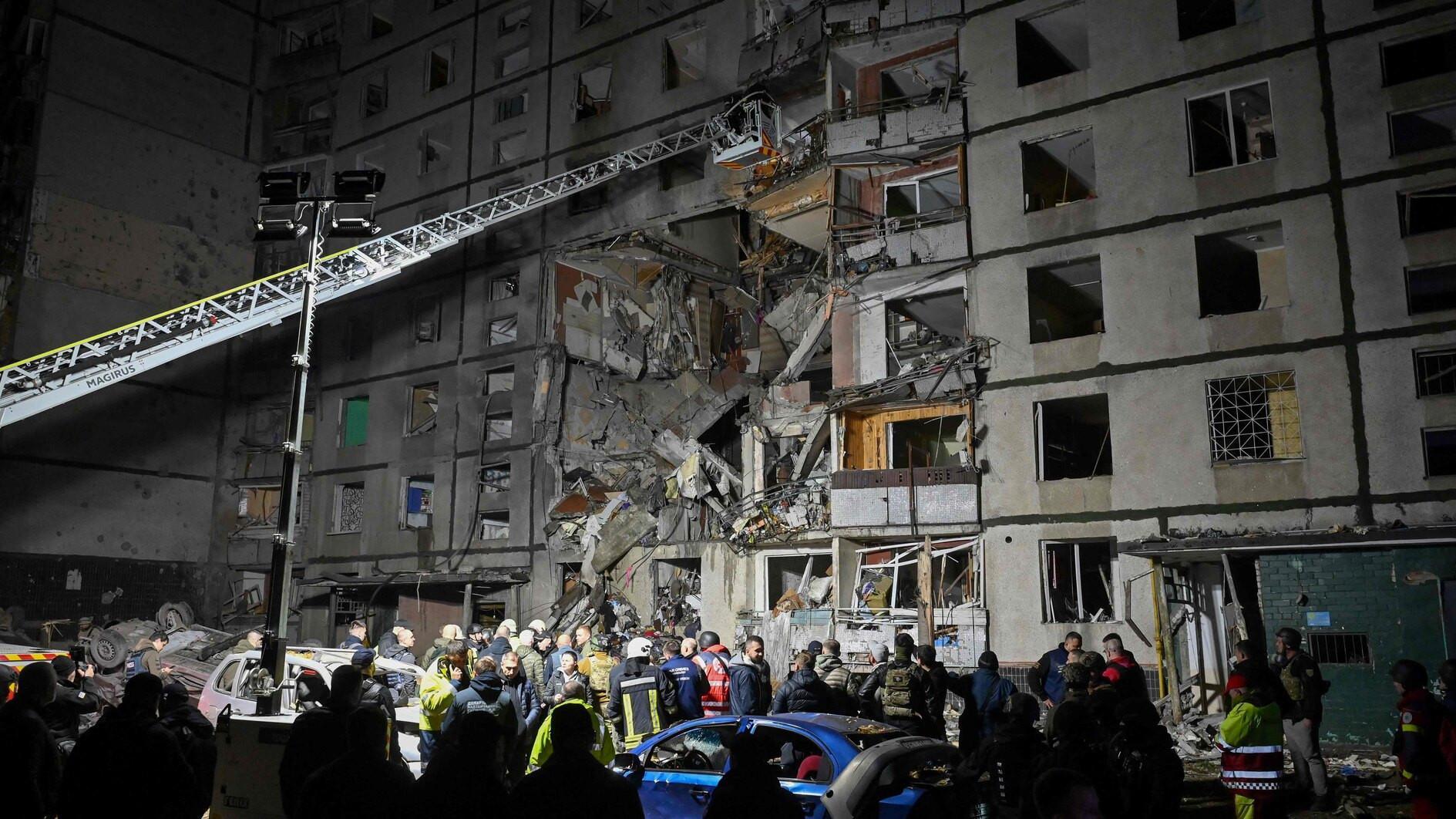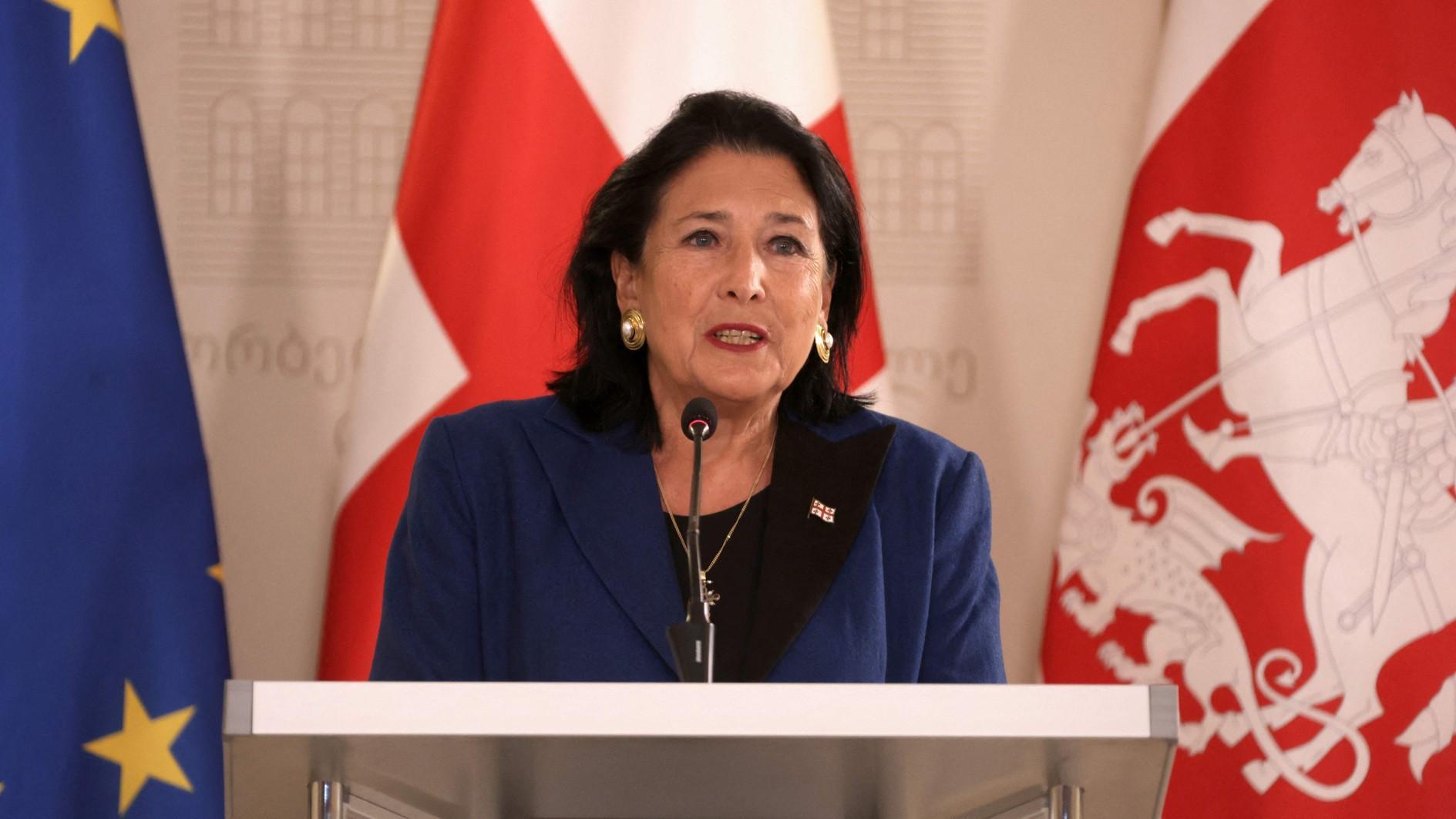The story of Russian support for Turkish op in Syria
The balance of power in the Syrian theater ahead of the Sochi talks on Jan. 29-30 has started to take a new shape following attacks on Russia’s Hmeimim air base in Syria on Jan. 5.
Fingers were pointed at Turkey with reports that the armed drones were took off from a region near the city of Idlib, where Turkey was supposed to monitor the ceasefire, according to an agreement reached with Russia and Iran.
On Jan. 7, Syrian regime forces started to advance on the Turkey-monitored region. The Turkish Foreign Ministry summoned the Russian and Iranian ambassadors in Ankara on Jan. 9 to tell them that neither Turkey nor the Turkey-backed Free Syria Army (FSA) had any involvement in the drone attacks on the Russian base and that the Syrian advance should be stopped.
On the same day the U.S. charge d’affairs in Ankara was also summoned to the Turkish Foreign Ministry. This countered the new U.S. training and armament scheme for the People’s Protection Units (YPG), the Syrian arm of the outlawed Kurdistan Workers’ Party (PKK) fighting against Turkey despite American promises about ending the collaboration after the defeat of the Islamic State of Iraq and Levant (ISIL).
Following a diplomatic row with fingers pointed at a region near the Syrian city of Idlib, where Turkey was supposed to monitor the ceasefire, Russian President Vladimir Putin said on Jan. 11 that “there were provocateurs but they were not Turks, we know who it was…”
“Firstly, these are provocations aimed at the collapse of earlier reached agreements. Secondly, this was also an attempt to destroy relations with partners Turkey and Iran,” Putin said.
Later on Jan. 11, Putin called Turkish President Tayyip Erdoğan on the phone and they spoke about the attack and the situation in Syria.
On Jan. 13, U.S. Secretary of Defense James Mattis said they would not repeat the mistakes of Iraq and allow an “ISIL 2.0” to emerge and would continue to support the Syrian Democratic Forces (SDF) as long as they were willing to fight. The SDF is a “renamed version” of the YPG, an initiative realized by the U.S. Special Forces Command. The group includes some Arab tribes, in order to conceal the YPG-PKK linkage.
On Jan. 14, a spokesman for the U.S.-led coalition against the ISIL said a Border Security Force of 30,000 troops would be formed of the SDF to protect Syria’s borders with Iraq and Turkey. The statement stirred outrage in Ankara. Turkey had previously been an important contributor of the coalition but in this instance the country was not consulted.
On Jan. 16, Turkish Foreign Minister Mevlüt Çavuşoğlu met with the US Secretary of State Rex Tillerson in Vancouver and asked him to stop collaboration with the YPG/PKK, saying that Turkey could help Syrian objectives on the ground if the U.S. did co-operated.
On Jan. 17, Tillerson said the “border army” rhetoric was poorly expressed but that U.S. forces would train such a force.
On Jan. 20, the Turkish air force and artillery started to bomb YPG positions in the northwestern town of Afrin, held by the YPG since the beginning of the Syrian civil war. The air operation would not have been possible without Russia’s consent. It was also coordinated with the Syrian regime through Russia, as revealed by Çavuşoğlu later on.
On Jan. 21, as Turkish land forces and the Turkey-backed FSA entered Syria and the clashes with the YPG commenced, a Russian Defense Ministry statement said the following: “The main contributing factor to the development of the critical situation in this part of Syria was the provocative U.S. steps that aimed at separating regions with predominantly Kurdish populations.”
It was the PKK leader Abdullah Öcalan whose headquarters were in Moscow-backed Syria from 1982 to 1998 (before he landed in Turkish prison in 1999 thanks to U.S. help). Now it is Moscow’s turn to label the PKK’s Syrian branch the YPG as the “pro-U.S. force” in Syria. U.S. President Donald Trump’s Homeland Security Adviser Tom Bossert also called them U.S. “proxy forces” on Jan. 27 and on the same day State Department spokeswoman Heather Nauert accused Turkey of confusing the fight against ISIL with its own fight against the “PKK.” Nauert did not even bother to say the “YPG” or the “SDF.” Perhaps it was a Freudian slip.
Neither Putin nor anyone from his government have accused any party of being behind the attack on Hmeimim base. But anyone can do the math, it is not rocket science.











